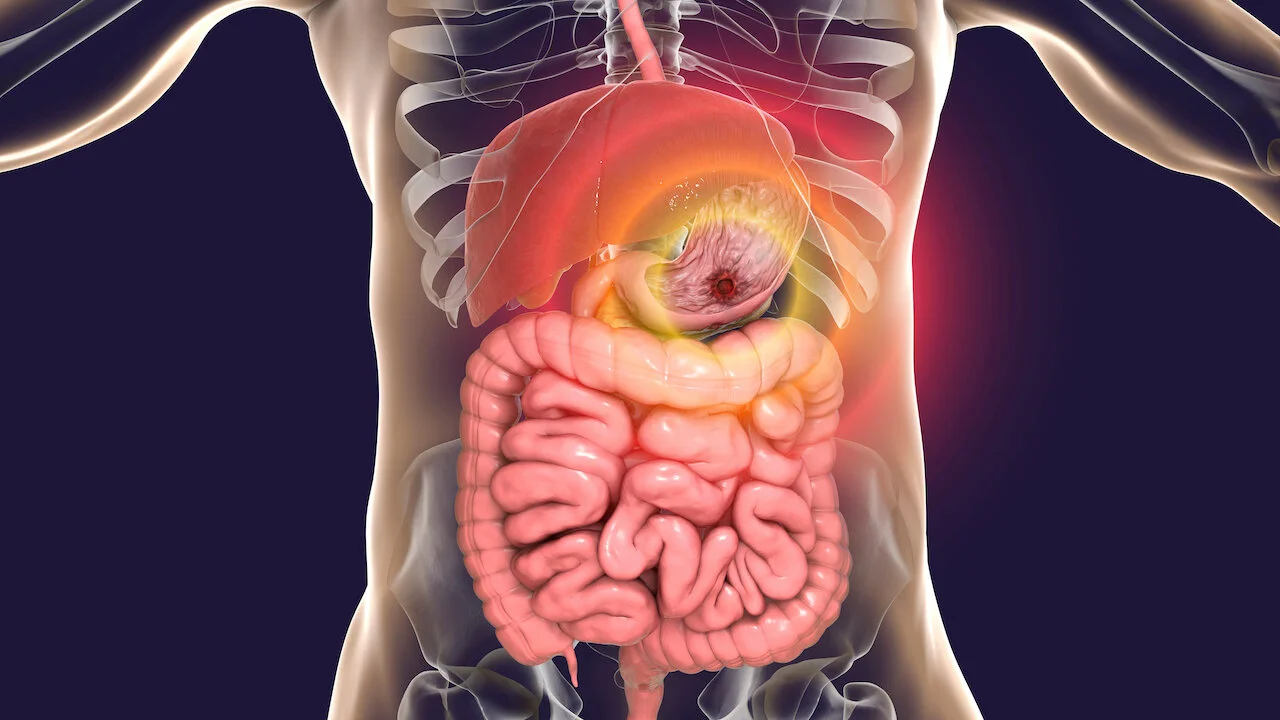Digestion: the process in which ingested food is broken down into a form that can be absorbed and assimilated by the tissues of the body. (OxfordMed) Digestion in a mammal involves both physical and chemical processes. The chewing action of the teeth, the churning by the muscles in the wall of the stomach and the action of “bile,” which breaks fats down into an “emulsion” of tiny droplets, are purely physical. Enzymes complete the process of digestion by chemically breaking down the individual food molecules. All digestive enzymes work in the same way. They are able to break chemical bonds by the addition of water. (Indge, 80) Adjective - 'digestive.'
Microbiome: the collection of all the “microorganisms” and “viruses” that live in a given environment, including the human body or part of the body, such as the "digestive" system. The human microbiome may play a role in a person’s health. Studying the human microbiome may help prevent and treat disease in the future. (NCI1) A microbiome is all of the "genetic" material found within an individual microbe such as a “bacterium,” fungal cell, or virus. It also may refer to the collection of genetic material found in a community of microbes that live together. (NHGRI)
Gut Microbiome: the communitiy of bacteria that live in our intestines. Over 100 trillion bacteria, far more than the number of human cells in the body, call (the human body) their home. (Dorsey, 41)
